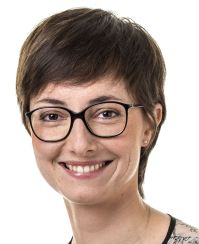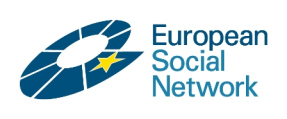The EU Day on Solidarity between generations 29 April is celebrated in Slovenia with the Third Age Festival in Maribor from 25th to 27th April linked to the Children’s Bazaar. The EU day of intergenerational solidarity shall be celebrated and EU presented (»At Home in EU«). More information is available here.
Od petka do nedelje, 25. do 27. aprila 2014, vas v Ledni dvorani v Mariboru na 2. F3ŽO Maribor čaka pestra ponudba informacij, izdelkov in storitev za starejše na razstavnih prostorih, brezplačne delavnice v izobraževalnem programu, glasbeni, gledališki, plesni in folklorni nastopi na odprtem odru, pa tudi sejemski popusti. Za popolno medgeneracijsko vzdušje bo festival poskrbel skupaj z družinskim sejmom Otroški bazar Maribor, ki se bo vse tri dni odvijal hkrati s F3ŽO Maribor.
Zato le povabite svoje prijatelje, otroke in vnuke in se skupaj odpravite na medgeneracijski izlet v Maribor! Pričakujemo vas vsak dan od 9. do 18. ure.
“DOMA SMO V EVROPI”
Veste, kaj je razlika med Evropsko komisijo, Evropskim parlamentom, Svetom Evropske unije in Evropskim svetom? Kakšne naloge opravlja Evropski parlament in kako lahko vplivate na njegove odločitve? Kakšne so vaše pravice kot državljana EU in kako jih uveljavljate? To in še marsikaj zanimivega boste izvedeli v okviru projekta “Doma smo v Evropi”, ki se bo predstavil na festivalu in s katerim bomo obeležili 10. obletnico vstopa Slovenije v EU. Na festivalu vas čaka informacijska točka z vsemi pomembnimi informacijami, svoje znanje o EU pa boste lahko preizkusili tudi v kratkem kvizu.

 On the EU Day for intergenerational solidarity, we would like to remind the importance for all generations to care for each other and see their complementarity.
On the EU Day for intergenerational solidarity, we would like to remind the importance for all generations to care for each other and see their complementarity.
